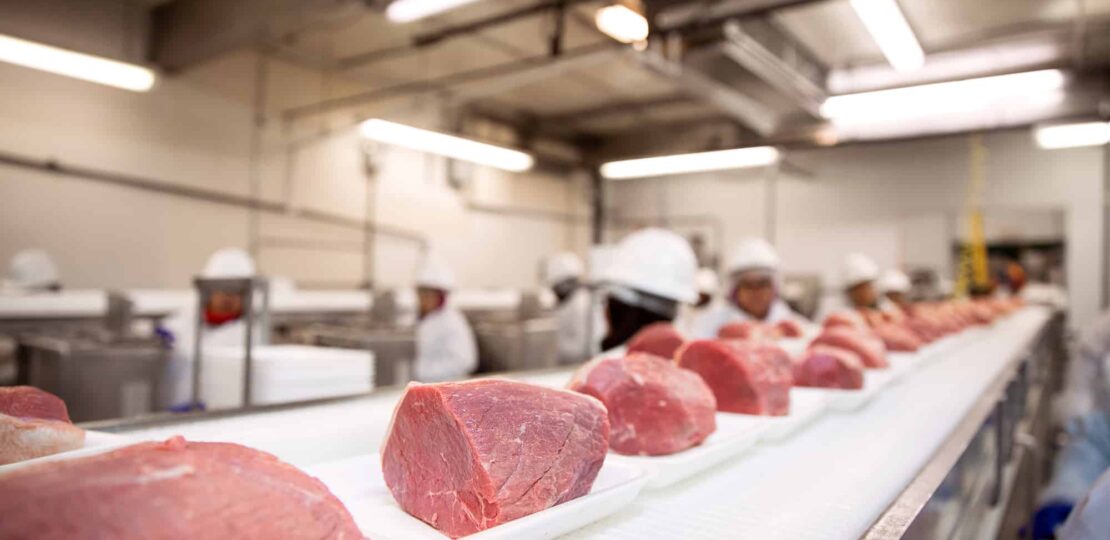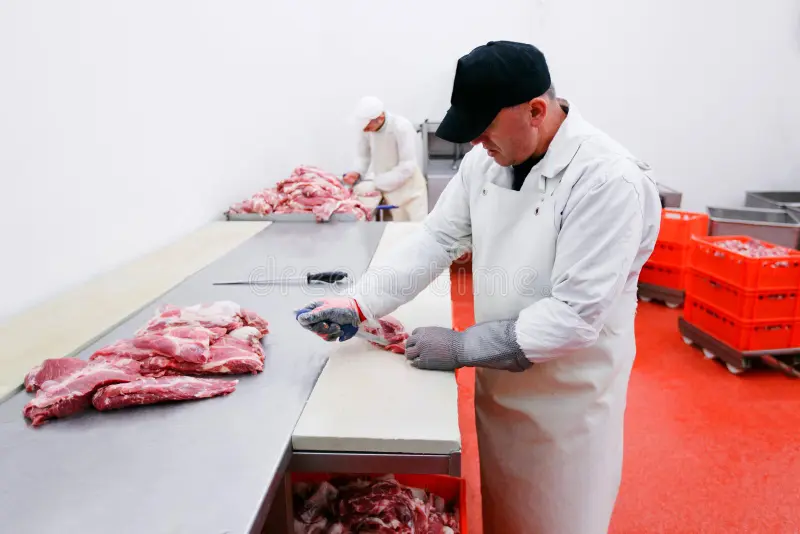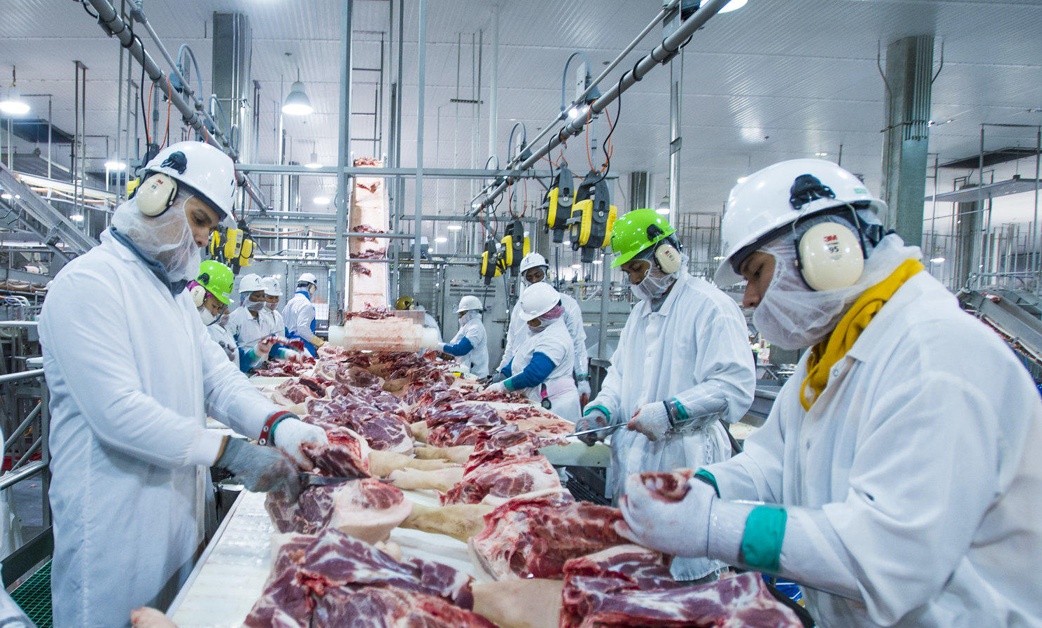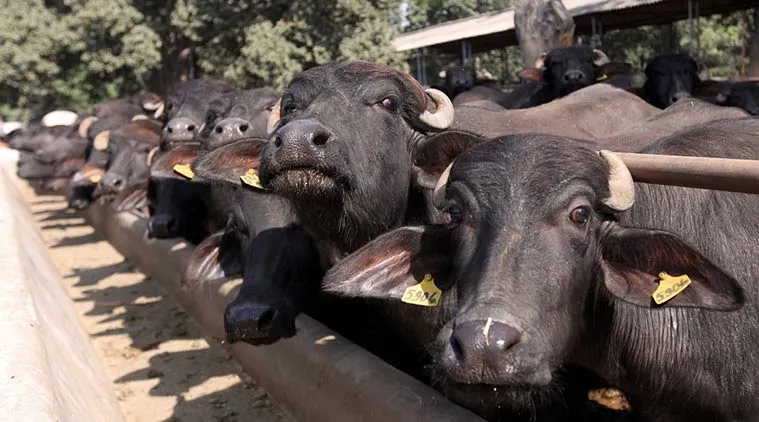Beef Exports, Environmental Challenges, and the EU Deforestation Regulation
November 25, 2024 | by gurjeetsaini@yahoo.com

Beef Exports, Environmental Challenges, and the EU Deforestation Regulation
In 2023, Brazil emerged as the world’s largest exporter of beef, a position it has maintained for years, shipping over 3 million tons of beef globally. Following Brazil in the ranks of beef exports were India, which primarily exports water buffalo meat, the United States, and Australia. These countries dominate the global beef market, with significant production and export volumes contributing to the global supply chain of meat products.
However, the beef industry is facing mounting scrutiny due to its environmental impact, particularly in relation to illegal deforestation in sensitive ecosystems like Brazil’s Cerrado plains. A recent investigation by environmental and human rights group Global Witness, reported by the BBC, revealed that three of Brazil’s largest meat producers—JBS, Minerva, and Marfrig—are linked to illegal deforestation activities. These companies allegedly cleared land in the state of Mato Grosso, a region that is part of the larger Cerrado, which is one of the world’s most important biomes and an area critical to global biodiversity and climate stability.
The Role of Deforestation in Beef Production
The investigation raised concerns over the growing deforestation in the Cerrado, an area that has been increasingly converted for agricultural purposes, including cattle ranching. Despite the companies’ denials of any wrongdoing, the deforested land used by JBS, Minerva, and Marfrig for their ranches reportedly lacked the necessary permits to clear the trees, raising suspicions of illegal practices.
The ongoing deforestation of the Cerrado is not only an environmental issue but also one tied to the global demand for beef. The connection between land clearing for beef production and climate change is clear, with the destruction of these forests contributing significantly to carbon emissions. The rise in beef exports, driven by demand from major importing countries, has intensified the pressures on ecosystems such as the Cerrado and Amazon rainforest.
The EU Deforestation Regulation: A New Challenge
As the global market for beef continues to grow, so too does the pressure on companies to adhere to stricter environmental standards. One of the most significant regulatory developments in this regard is the EU Deforestation Regulation (EUDR), which will come into full effect on December 30, 2024, with a transition period until June 2025 for small businesses. The regulation mandates that all goods sold in the European Union, including beef, must not be linked to deforestation that occurred after 2020.
This regulation could have far-reaching consequences for meat-exporting countries, particularly Brazil, where large-scale deforestation for agriculture remains a persistent issue. Under the EUDR, companies selling beef to the EU will need to demonstrate that their products were not sourced from land cleared after the stipulated date. Failure to comply could result in heavy fines and restrictions on trade with the EU, one of the world’s largest markets for meat.
However, Global Witness and other environmental advocates have raised concerns about the adequacy of the EUDR. One of the key criticisms is that the regulation does not fully cover the Cerrado plains, leaving the deforestation of this biome largely unaddressed. This has prompted calls for a more comprehensive approach that extends protection to both the Amazon and the Cerrado, ensuring that all major deforested regions are safeguarded from agricultural expansion driven by beef production.
Implications for Global Beef Trade
The impending EU Deforestation Regulation, combined with growing international scrutiny of deforestation practices, signals a turning point for the global beef trade. Countries like Brazil, India, and the United States, which rely heavily on beef exports, will need to reassess their supply chains and ensure compliance with evolving environmental standards. This may include providing verifiable data to prove that meat exports are sourced from sustainable and legal operations, which could be challenging, particularly for smallholder farmers who may lack the resources to comply with such requirements.
At the same time, the beef industry will need to address the growing demand for transparency in environmental practices, particularly from European and other eco-conscious markets. As global awareness of the environmental impact of meat production rises, the industry may need to adapt to stricter regulations and greater consumer expectations for sustainable practices.
Conclusion: A Call for Action
As beef continues to be a major global commodity, the industry must navigate the twin challenges of meeting the growing demand for meat while addressing its environmental impact. The case of illegal deforestation in Brazil highlights the need for greater accountability in the beef supply chain. The EU Deforestation Regulation represents a significant step toward mitigating the environmental consequences of beef production, but its effectiveness will depend on how comprehensively it addresses deforestation in key regions like the Cerrado.
Ultimately, the beef industry must prioritize sustainability and traceability to maintain access to key markets while also contributing to the preservation of critical ecosystems. With environmental regulations tightening worldwide, the sector faces a crucial crossroads, where the future of global beef trade will depend on balancing economic growth with environmental responsibility.
RELATED POSTS
View all



